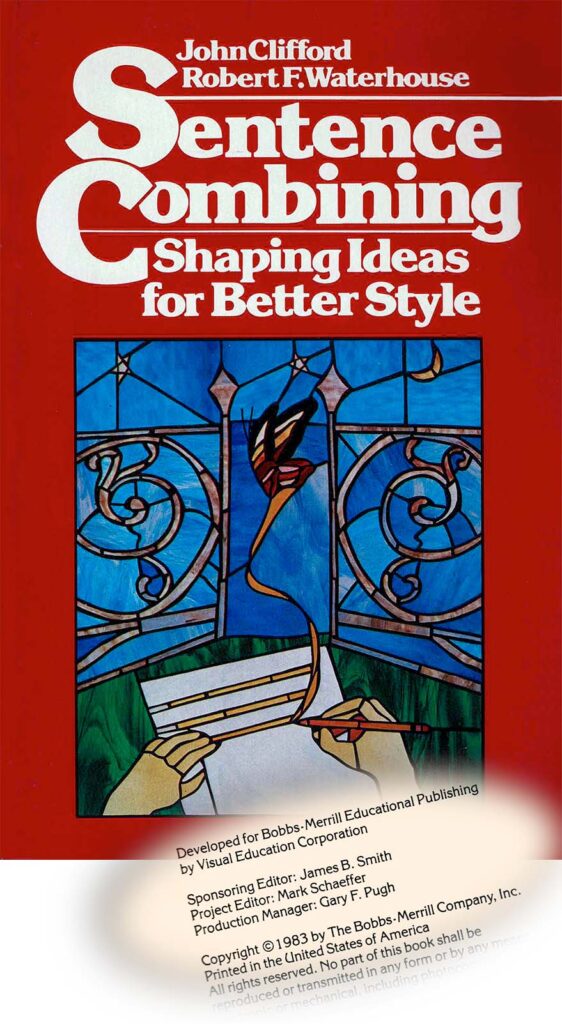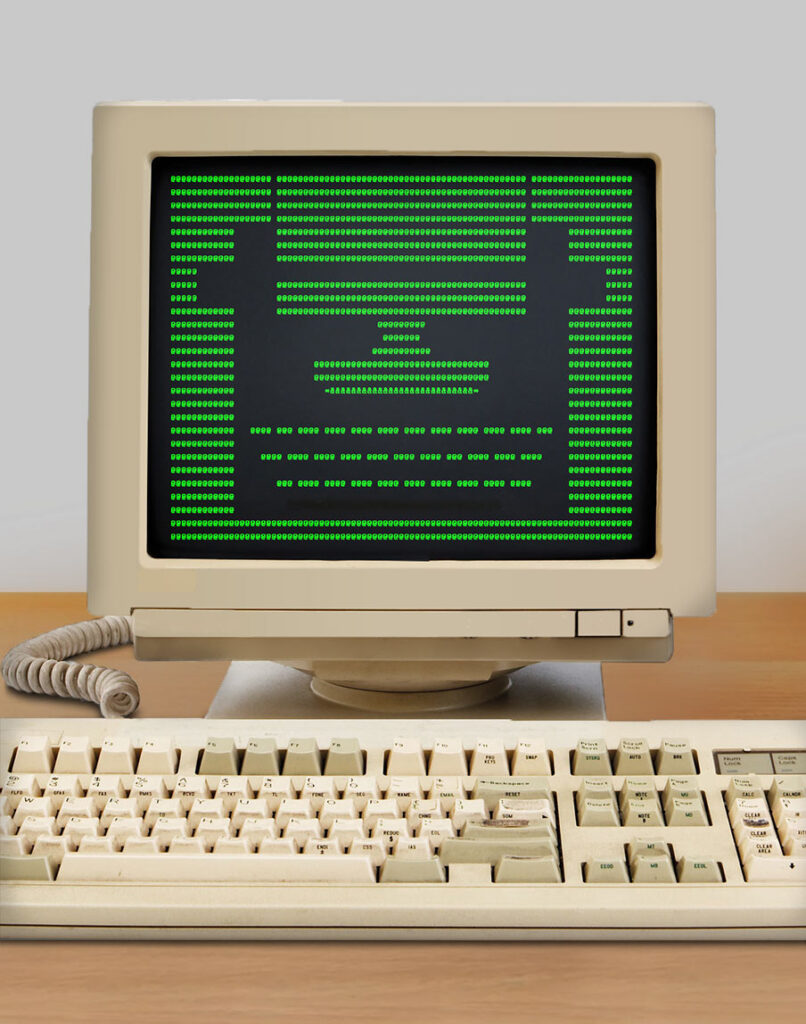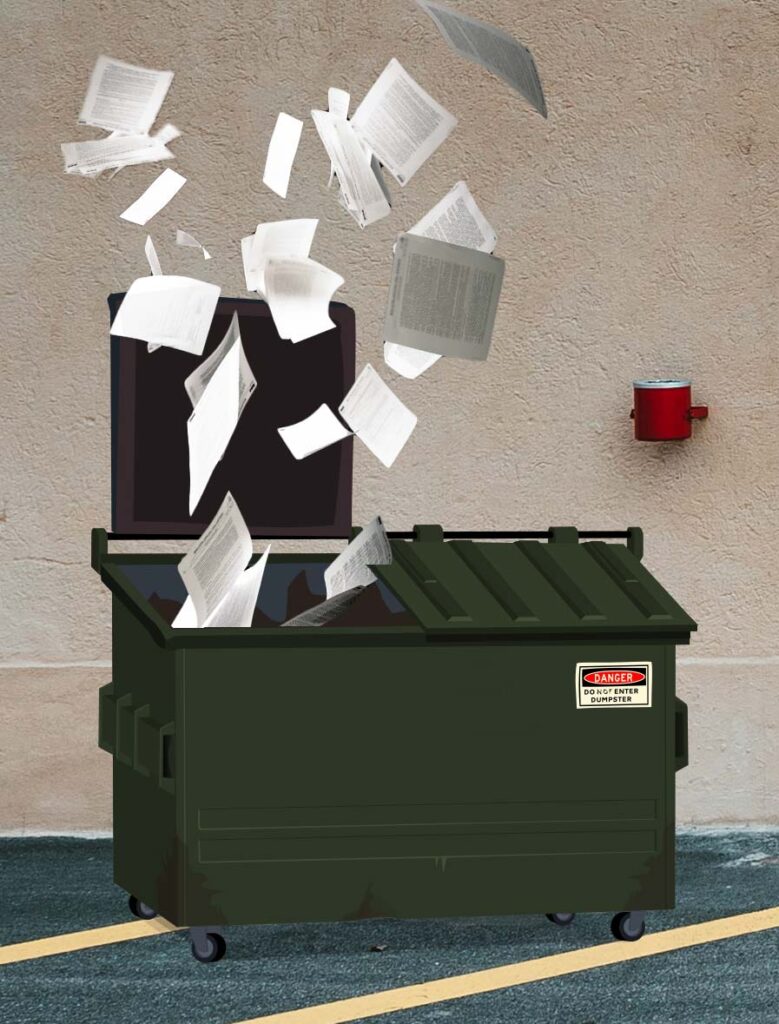
This, to my amazement, is my hundredth blog post. I’ve been posting weekly, almost without interruption, for nearly two years. So with your indulgence, I’d like to take a step back and reflect on the experience.
This project began as a way to keep myself occupied and motivated during the pandemic. Since I wasn’t having any meaningful experiences in the present, it seemed like an opportune time to delve into the past, and to reexamine some questions that I’d been wrestling with all my life.
Looking back on what I’ve written, I’m surprised by what I chose to write about. Most of the incidents I’ve recounted come from early in my life, from my childhood through my mid-20s. Apparently nothing that’s happened since then carries as much emotional weight as the experiences I had as I was growing into an adult. I’ve said little or nothing about relationships I’ve had, places I’ve visited, or cultural events I’ve been involved with. Emotional injuries, injustice, and death seem to be recurring themes, despite my initial intention to give these essays a lightly humorous tone. As someone who had always considered himself entirely secular, I’m startled by how many times I’ve made reference to God or religion.
I mentioned in my first post that I’d attempted twenty years ago to write a book of personal essays. The book never got finished, because I found that much of what I’d written on any given day sounded foolish or inconsequential on the following day. I think I fell into that trap because of my training as a philosophy major: I felt that every essay had to take the form of an argument that led to a meaningful conclusion. I realize now that life doesn’t build to conclusions — it just happens — and so it’s pointless to try to present it as if it does.
You’ve probably noticed that most of my posts have weak endings, or lack any ending at all. That’s because I’ve taken advantage of the looseness of the blogging format to avoid having to shoehorn my thoughts into a formal structure. I just say what I want to say, and when I find myself straying into bullshit territory — usually, it turns out, after about 800 words — I stop. This simple strategy has been tremendously freeing. For the first time, I’ve experienced writing as a pleasure rather than a trial. I’m grateful to finally know what that feels like.
At the same time, this experience has forced me to face my limitations as a writer. The first surprise was that I have limitations. Writing was always my most reliable skill. I was the student who was able to write an elegant, convincing book report on a book I hadn’t read. I wrote such persuasive essays on my college applications that I was able to get into Princeton despite my spotty high school record. As an adult, I always earned my living at least partly by writing for hire. I could write about almost anything and make it sound like I knew what I was talking about.
But it’s clear now how limited my range as a writer is. The purpose of my writing was always to explain, to instruct, to convince. I don’t write poetry; I don’t write fiction. My prose may be polished, but there’s nothing beneath the surface — it means what it says, no more and no less. In the case of these blog posts, that literalness usually takes the form of here’s something that happened to me; here’s how I felt about it; here’s something else that it reminds me of.
A real artist can start with the particular and transform it into something universal. It’s clear to me that I lack that transformative power — not just in writing, but in other realms as well. The photo-illustrations that accompany these posts may hopefully be witty, but they’re also often literal interpretations of the text. The same can be said of my other visual art projects. (My pieces about hands are just about hands.)
Although I’ve retired from teaching, I realize now that this tendency toward literalness pervaded my teaching as well. My skill as a teacher always relied on my ability to explain things: I can take a complicated subject and present it in a way that’s clear, organized, and easily digestible. But a real teacher has the ability to take those explanations and transform them into something more valuable for the student: an inspiration, an identity, a mission. Those things have always been beyond me.
On the positive side, writing this blog has given me a sense of purpose in my retirement. I’m surprised at how much I have to say that feels like it’s worth saying, and how much my perception of things is different from anything I’ve read elsewhere. It’s my hope that my idiosyncratic observations about my own life will encourage you to see your life differently.
Writing this blog has been like making olive oil. When they first crush the olives, the juice comes running out — that’s the stuff we call “extra virgin.” It was like that for me when I first started the blog: I’d sit down to write and the words would flow. But then the olive stops giving up its oil so readily, and the growers have to use more invasive methods, such as heat and chemicals, to extract the rest. In my case, it now takes more effort to find things to write about that don’t feel self-indulgent, obvious, or repetitive. But I think there’s still some flavorful oil left in this olive, and — as long as you keep reading — I’ll keep squeezing until there’s nothing left but the pit.



Recent Comments